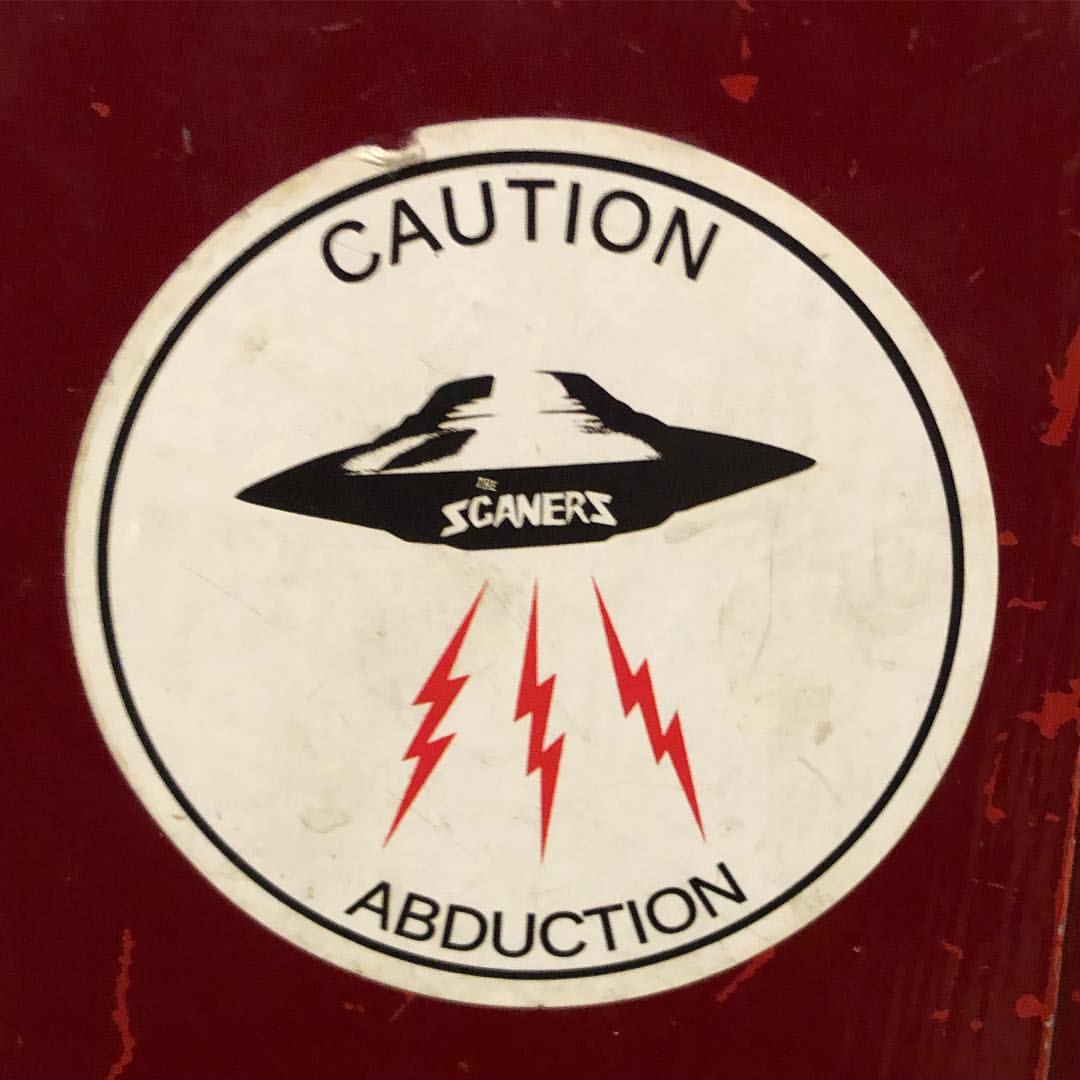Finished reading William Gibson’s AGENCY I’d been saving it. I mean, it took Bill six years to write it, it’ll be a while before there’s another, so I didn’t want to use it up on its week of release.
And god damn. It reads like the wind. The sheer pace of the thing is astonishing. If nothing else, it’s a unique masterclass in writing highly accelerated fiction that is still rich in texture and character. There’s even a fun little pulpy side to it that you used to get from techno-thriller series, seeing old characters and things pop up and reconnect, but with prose that is several orders of magnitude better sculpted.
The bit is very simple. Someone with the bullshit buzzword rep of being an “app whisperer” is given what turns out to be the UI front end of an actual AI, which is of course impossible, and which you very quickly start to suspect is made out of a dead person. These aren’t spoilers, Gibson gets you there in five minutes. By a quarter of the way in, a plan has been formulated to get her out of the bind that bonding with the AI has dropped her in. And, for the rest of the book, you get to see it assemble, in its vast and amusing complexity — an AI essentially using humans as software agents and tracked parcels in transit. It’s an amazing and delightful construction.
You will need to read THE PERIPHERAL first. That’s non-negotiable. AGENCY is very much a straight sequel, and I think most people would be left too far out at sea if they started here. Luckily for you, it’s an excellent book, so if you haven’t read it, treat yourself, and then get AGENCY.
(Stealing Deb Chachra’s photo for this post, hi Deb!)
AGENCY, William Gibson (UK) (US)
also: THE PERIPHERAL (UK) (US)








